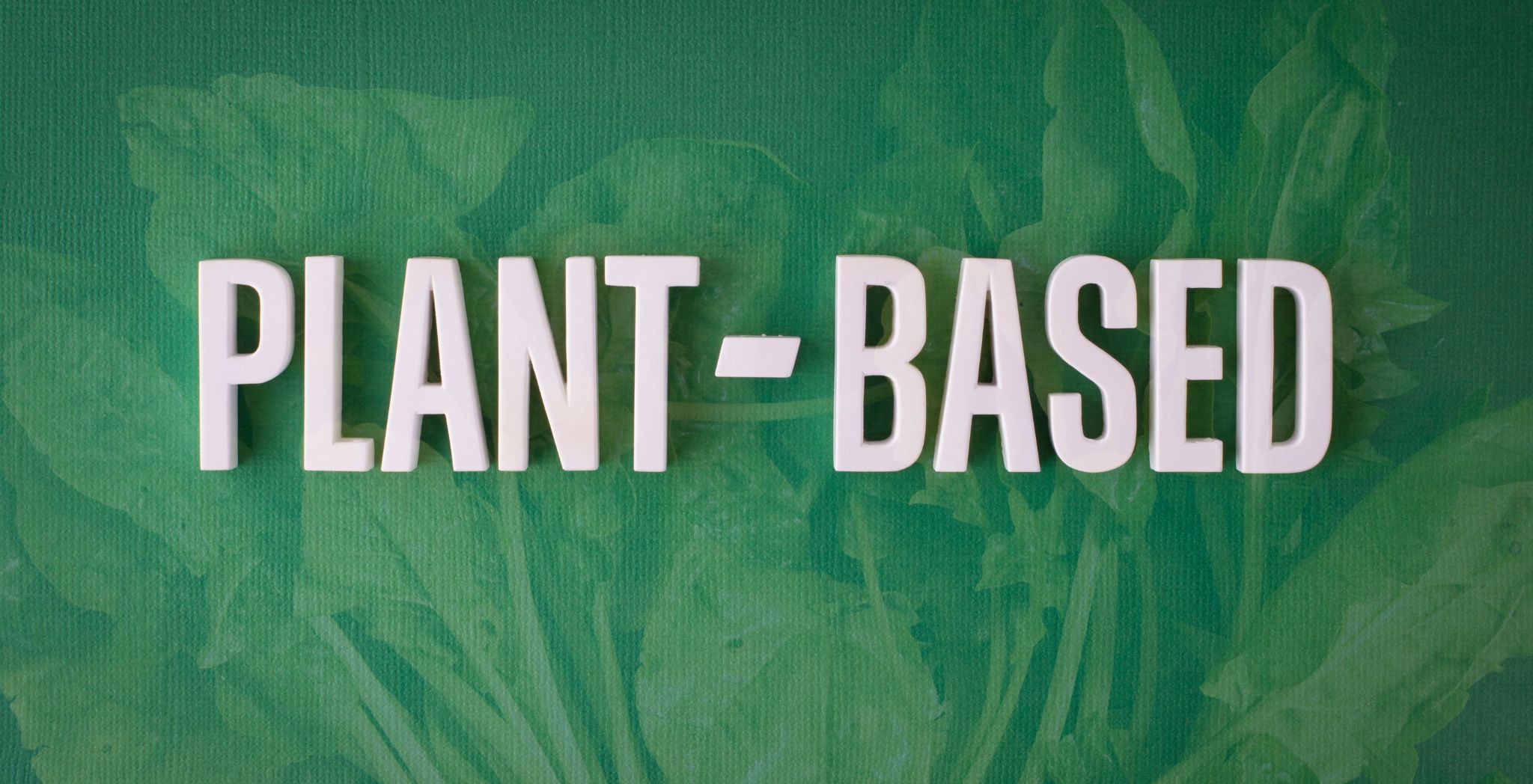In recent years, veganism has emerged as a rapidly growing movement rooted in ethical, environmental, and health considerations. Veganism represents more than just a diet; it is a philosophy and way of life that seeks to minimize animal harm, protect the environment, and promote personal well-being.
This blog delves into the principles, benefits, and challenges of embracing veganism as a plant-based lifestyle, examining its impact on individuals, animals, and the planet.
Understanding Veganism
Veganism means not eating or using anything that comes from animals. It’s a way of living where people avoid animal products altogether. This includes avoiding meat, dairy, eggs, and other animal-derived substances and products tested on animals or made from animal by-products such as leather, silk, and certain cosmetics. The core values of veganism are compassion, sustainability, and health consciousness.
Ethical Considerations
1. Animal Welfare:
The most significant ethical consideration in veganism is the concern for animal welfare. Factory farming and other forms of intensive animal agriculture often subject animals to cramped and inhumane living conditions, where they endure physical and psychological suffering.
Animals are often seen as mere commodities, raised and slaughtered for their meat, milk, and eggs without regard for their well-being. Veganism seeks to challenge this exploitation by advocating for animal rights and compassionate treatment.
2. Non-violence:
Vegans believe in the principle of non-violence or ahimsa, a cornerstone of many Eastern philosophical and religious traditions. By avoiding the consumption of animal products, vegans aim to minimize harm and violence inflicted upon animals.
The belief is that all sentient beings have the right to live free from unnecessary harm and suffering.
3. Environmental Impact:
Ethical veganism also extends beyond the welfare of individual animals to consider the impact of human actions on the planet. Animal agriculture contributes to deforestation, water pollution, and greenhouse gas emissions, all major drivers of climate change and environmental degradation.
Embracing a plant-based lifestyle can reduce one’s ecological footprint and live in harmony with nature.
4. Speciesism:
Speciesism is the belief that one species is superior to others and justifies the exploitation of certain species for the benefit of humans. Vegans reject speciesism and view all sentient beings as deserving of respect and consideration, regardless of their species.
They argue that animals have their interests, desires, and capacity for suffering and that these should be considered when making decisions that affect them.
5. Sustainable Resource Use:
The current global demand for animal products places immense pressure on natural resources such as land, water, and grain. Keeping animals for food needs a lot of food, water, and land.
This can harm the environment and cause problems as resources become scarce. A vegan lifestyle is seen as a more sustainable approach to food production, as plant-based diets generally require fewer resources and produce fewer greenhouse gas emissions.
6. Global Hunger and Food Equity:
Ethical considerations in veganism also touch upon global food equity. A significant portion of agricultural land is used to grow crops for animal feed, which could otherwise be used to grow crops directly for human consumption.
By cutting out the middle step of feeding animals and instead directly consuming plant-based foods, more food can be made available to feed a growing global population, potentially reducing food scarcity and hunger in some regions.
7. Compassion and Empathy:
Veganism encourages cultivating compassion and empathy towards all living beings. By consciously choosing to avoid products derived from animal exploitation, vegans are guided by a sense of empathy for the suffering of animals and a desire to minimize harm in their daily lives.
Health Benefits
Here are some of the significant benefits of adopting a plant-based lifestyle:
1. Improved Heart Health:
Plant-based diets are typically low in saturated fat and cholesterol, commonly found in animal products. As a result, individuals following a plant-based diet often experience lower LDL cholesterol (“bad” cholesterol) and reduced risk of heart disease and hypertension.
2. Weight Management and Weight Loss:
A plant-based diet benefits in weight management as it is naturally lower in calories and saturated fats, making it an effective approach to weight management. People who adopt a well-balanced plant-based lifestyle often find it easier to achieve and maintain a healthy weight, leading to various health benefits.
3. Lower Risk of Chronic Diseases:
Studies show that eating mostly plants can lower the chances of getting long-lasting diseases such as type 2 diabetes, certain cancers (e.g., colorectal and breast cancer), and certain autoimmune diseases. Plant-based foods’ abundance of nutrients and antioxidants contributes to these protective effects.
4. Digestive Health:
Plant-based diets are typically high in dietary fiber, which aids digestion, promotes regular bowel movements, and supports a healthy gut microbiome. Having a healthy gut is crucial for feeling good overall, and it can also make our immune system work better.
5. Environmental Sustainability:
Animal agriculture has a significant impact on the environment, contributing to deforestation, greenhouse gas emissions, and water pollution. Individuals can reduce their carbon footprint by choosing plant-based foods and help mitigate climate change and environmental degradation.
6. Increased Nutrient Intake:
Plant-based diets can provide a wide array of essential nutrients, including vitamins (e.g., vitamin C, vitamin A, vitamin K), minerals (e.g., potassium, magnesium), and antioxidants. A diverse and well-planned plant-based diet ensures individuals receive a rich supply of these vital nutrients.
7. Better Digestion and Gut Health:
The abundance of fiber in plant-based foods supports healthy digestion and regular bowel movements. Additionally, a plant-based diet promotes a diverse and beneficial gut microbiome, which has been linked to various aspects of health.
8. Enhanced Athletic Performance:
Many athletes have found that plant-based diets can provide the necessary energy and nutrients for peak performance. Plant-based foods can improve endurance, reduce inflammation, and aid post-exercise recovery.
9. Positive Impact on World Hunger:
Much agricultural land is used to grow crops to feed livestock. By directly consuming plant-based foods, individuals reduce the demand for such crops, potentially freeing up resources to address global hunger and food scarcity.
10. Veganism and Society:
Veganism is more than just an individual choice; it has the potential to create broader societal changes. As the demand for plant-based products increases, industries are responding by offering more vegan-friendly options, making them more accessible to everyone. This shift can lead to a positive feedback loop, with more people embracing veganism and encouraging even greater changes in the market and agriculture sectors.
Conclusion
Embracing veganism as a plant-based lifestyle is not just a dietary choice but a conscious decision to promote compassion, sustainability, and personal well-being. By reducing animal suffering, mitigating environmental damage, and improving human health, veganism offers a holistic approach to living that aligns with the values of a more ethical and sustainable world.
While challenges exist, education, awareness, and the support of a growing community continue to make veganism an appealing and accessible lifestyle choice for people from all walks of life. As we move towards a more compassionate and environmentally conscious future, veganism stands as a powerful vehicle for positive change on both an individual and global scale.


















